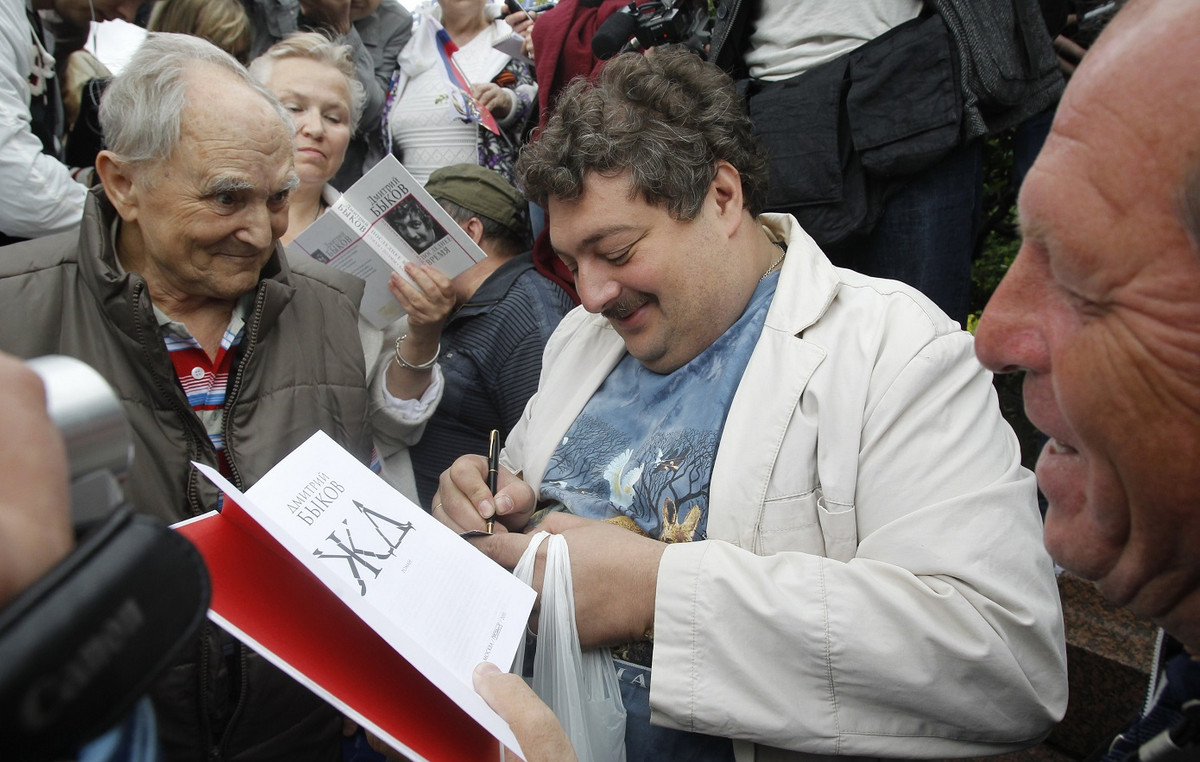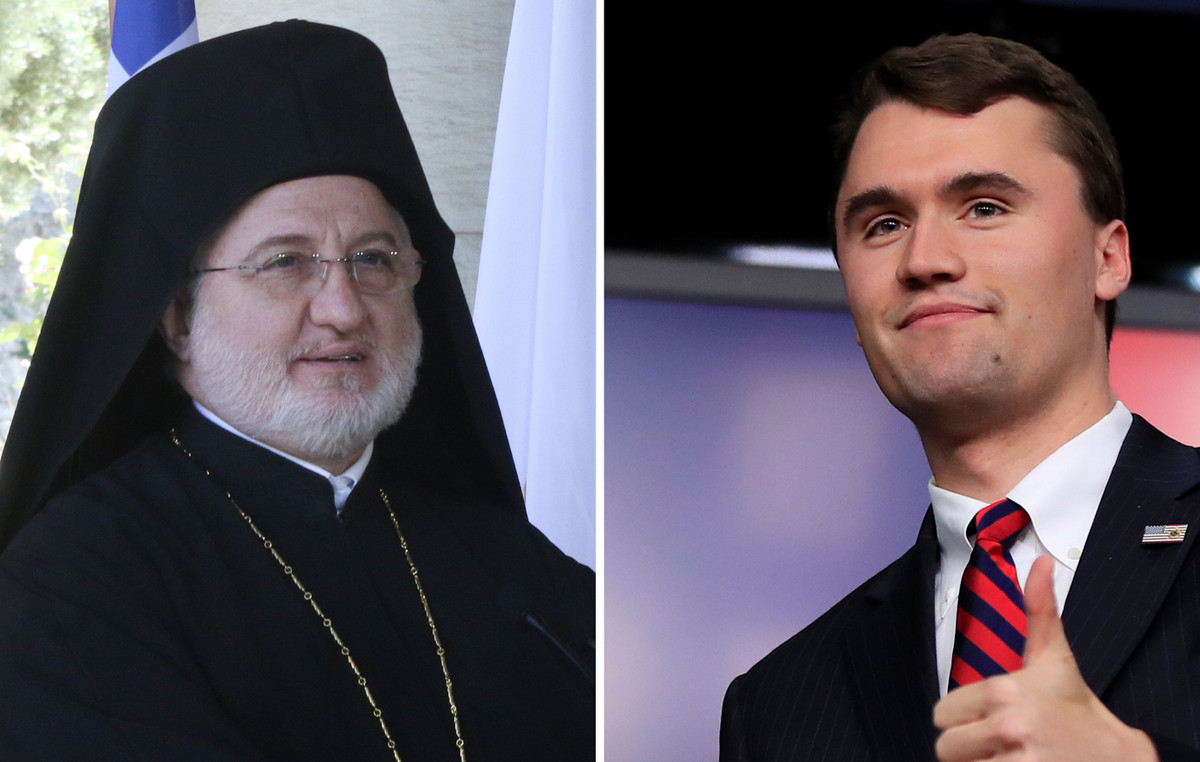The president of the Central Bank, Roberto Campos Neto, believes the worsening of expectations about the Brazilian economy and inflation should result in an advance in the monetary tightening in Brazil.
According to the Quarterly Inflation Report (RTI), released this Thursday morning (16), the institution revised its projection for Brazilian economic growth in 2022 to 1%, against 2.1% of the previous estimate.
In the document, the BC too adjusted the expansion perspective for the Gross Domestic Product (GDP) to an increase of 4.4% this year, compared to an estimate of 4.7% calculated in September.
“The Copom considers that, given the increase in its projections, and the risk of unanchoring expectations for longer terms, it is appropriate for the monetary tightening cycle to advance significantly into contractionary territory,” stated Campos Neto at a press conference after the release of the document.
Campos Neto spoke again that he foresees a 1.5 point increase in the Selic — basic interest rate — at the next Copom meeting. The BC had already signaled for this plan in the last meeting, last week, when it increased by 1.5 point the Selic.
“The committee will persevere in its strategy until it consolidates, not only the disinflation process, but also the anchoring of expectations around its goals”, he declared.
“The future steps of monetary policy may be adjusted to ensure the convergence of inflation to its targets, and will depend on the evolution of economic activity, the balance of risks and inflation projections and expectations for relevant monetary policy horizons,” he added.
Initially with an inflation target forecast for 2022, the Central Bank established a target in “relevant horizon”, which also includes a perspective for the year 2023.
According to Campos Neto, the strategy being adopted by the Brazilian monetary entity is compatible with the convergence of inflation towards the goals for the next two years.
“Without prejudice to its fundamental objective of ensuring price stability, this decision also implies smoothing out fluctuations in the level of economic activities and promoting full employment,” he said.
Fed decision
Campos Neto also said that the change in the monetary policy stance of the Federal Reserve (Fed, the US central bank) does not greatly affect the strategy of the Brazilian agency. Campos Neto recalled that part of the BCs had the premise that inflation was a transitory issue, with causes linked to supply, but argued that the numbers do not corroborate this, as he has been defending for some months. “The Fed has been assuming that inflation is more persistent and with a demand component.”
He pointed out that, after the Fed’s decision on Wednesday, the price hikes in the US yield curve were anticipated, but he said the market’s reaction was relatively benign.
“The BC took the lead, made a move to adjust rates, taking into account that part of inflation was more persistent. So I don’t think it changes that much in terms of what we’re going to do. But it depends on how coordinated the interest rate adjustment in the world will be. What is important is whether we are going to have an organized or unorganized fixed income adjustment and what it means for the flow to emerging markets and to Brazil.”
Campos Neto also repeated that, in the BC’s assessment, the increase in the recent risk premium is partly related to fiscal issues in the short term, but also to a perception of the market of lower structural growth, which has implications for the trajectory of public accounts.
stagflation
Asked about the possibility of a stagflation scenario for 2022, the president of the Central Bank replied that anchoring inflation expectations is the most important element to stabilize long-term growth and the fiscal part. The BC reduced its estimate for the growth of the Gross Domestic Product (GDP) in 2022, from 2.1% to 1.00%.
“We understand that we are going to go through a process with an increase in interest rates and growth in activity at the margin, which is not very high. But if the process is carried out with credibility and transparency, it is the best remedy to maximize possibilities for future growth”, said Campos Neto, at a press conference on the RTI.
At the same press conference, Fabio Kanczuk assessed that the BC’s projection for the 2022 GDP is not optimistic, but “adequate”. “Our scenario is not one of recession, it is one of low growth, but positive.”
*With State Content
Reference: CNN Brasil
I am Sophia william, author of World Stock Market. I have a degree in journalism from the University of Missouri and I have worked as a reporter for several news websites. I have a passion for writing and informing people about the latest news and events happening in the world. I strive to be accurate and unbiased in my reporting, and I hope to provide readers with valuable information that they can use to make informed decisions.







